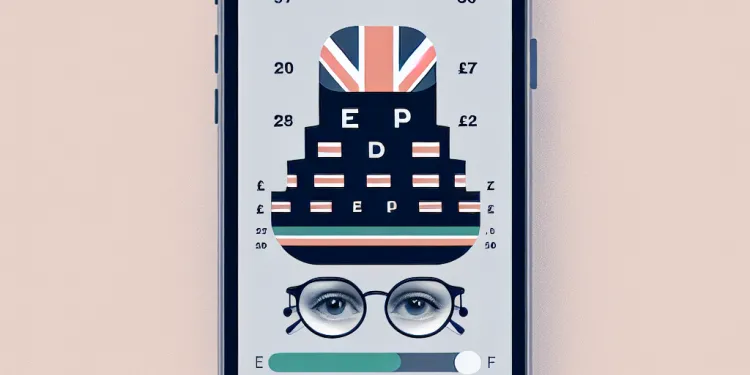
Find Help
More Items From Ergsy search
-
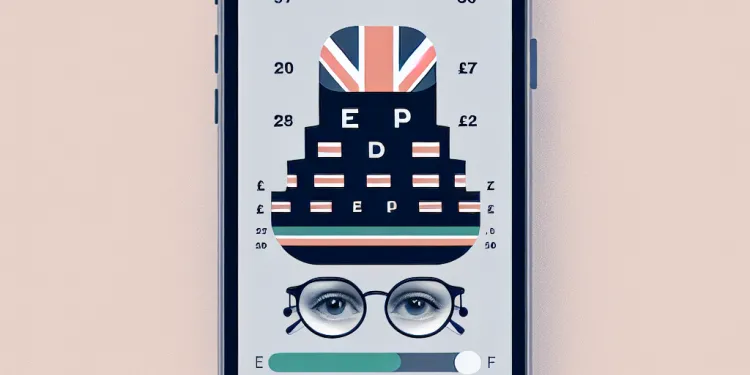
How accurate are app-based eye tests?
Relevance: 100%
-
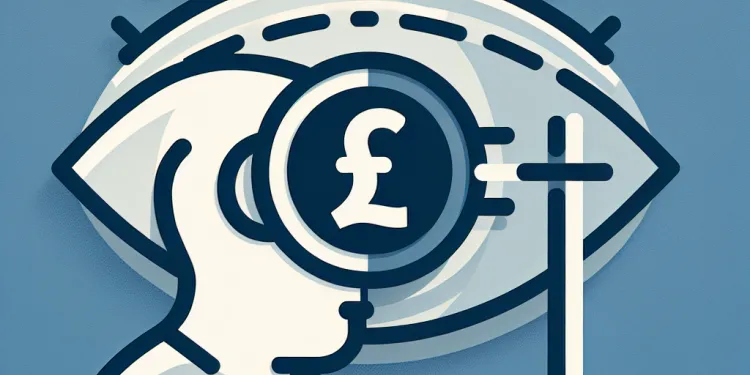
How does self testing for eye patients work?
Relevance: 43%
-

What are the limitations of self-testing for eyes?
Relevance: 36%
-
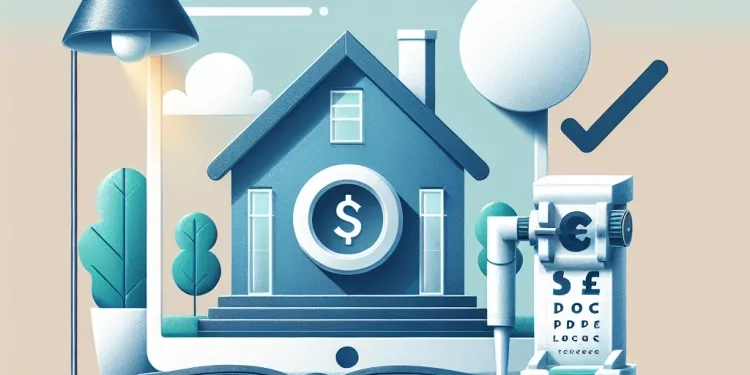
What is self-testing for eye patients?
Relevance: 36%
-

Are there any self-tests for eye pressure?
Relevance: 35%
-
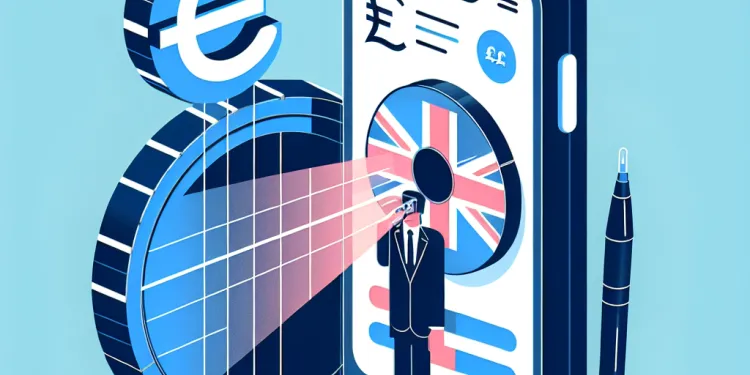
Can I use a smartphone for self-testing my eyes?
Relevance: 35%
-

Are self-tests a substitute for professional eye exams?
Relevance: 34%
-
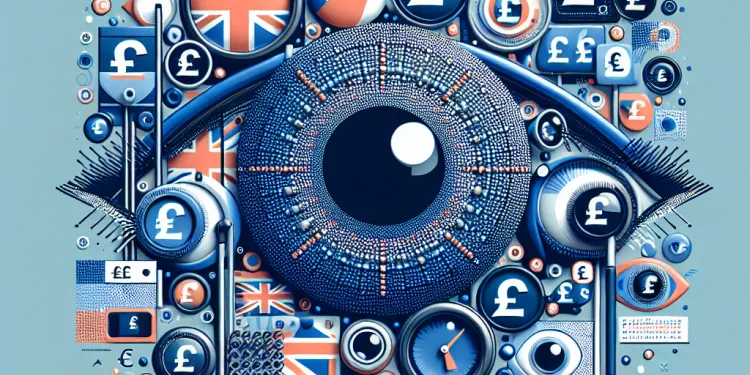
Can self-testing detect all eye conditions?
Relevance: 31%
-
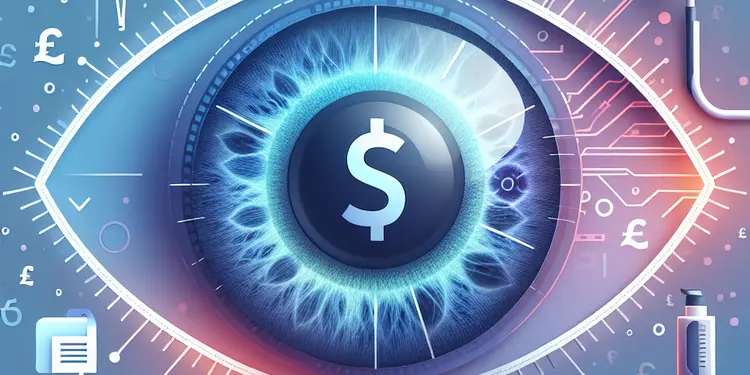
What is hypotony in the eye?
Relevance: 30%
-
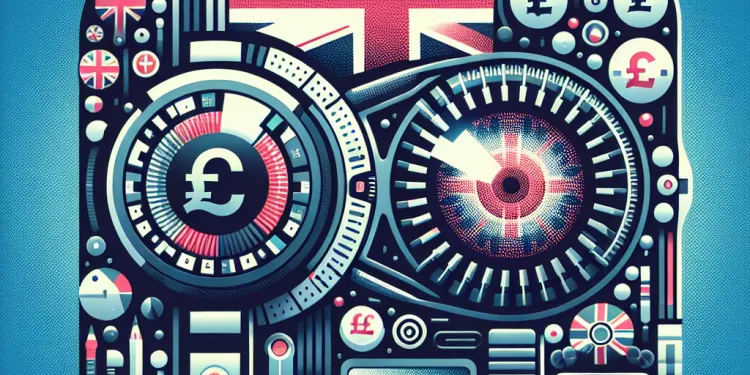
Do I need any special equipment for eye self-testing?
Relevance: 30%
-

What types of self-tests are available for eye patients?
Relevance: 29%
-

Diabetes Eye Screening
Relevance: 29%
-
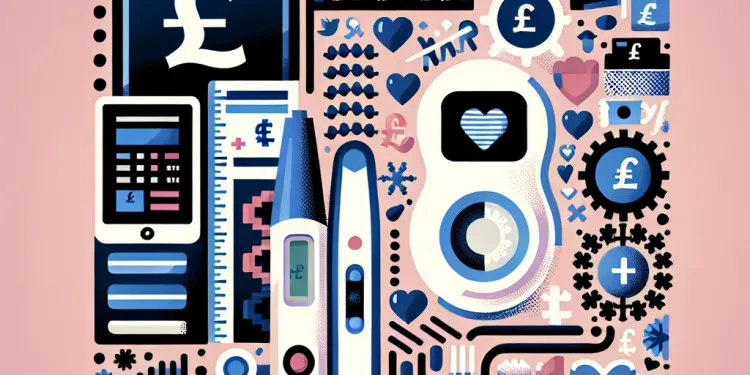
Are digital pregnancy tests more accurate than non-digital tests?
Relevance: 29%
-
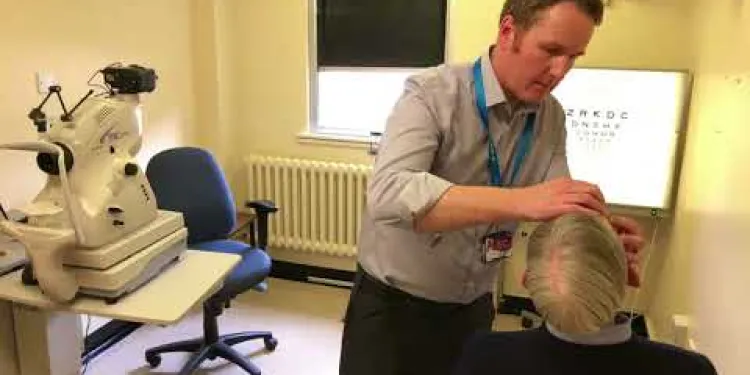
Derbyshire Diabetic Eye Screening - Diabetic Eye Screening
Relevance: 29%
-

How often should I self-test my eyes?
Relevance: 28%
-
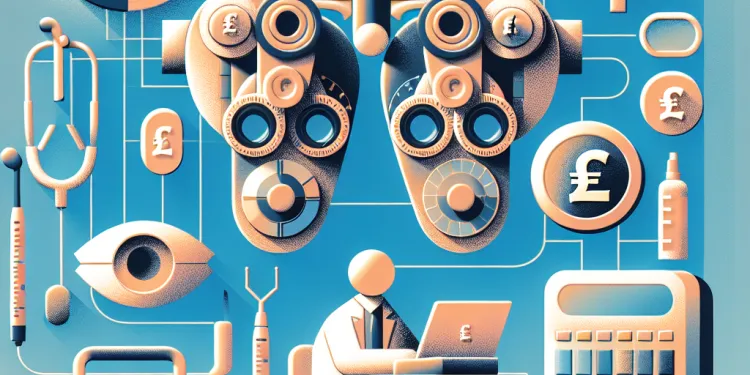
Should I share the results of my self-tests with my eye doctor?
Relevance: 27%
-
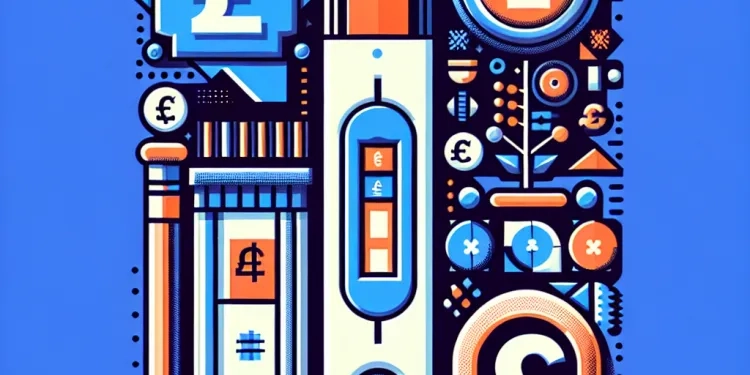
What is a pregnancy test?
Relevance: 27%
-

Why would someone need to self-test their eyes?
Relevance: 26%
-
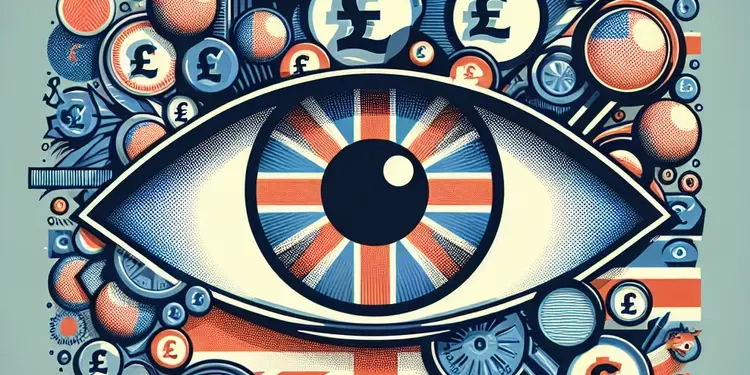
What is the eye condition hypotony?
Relevance: 26%
-
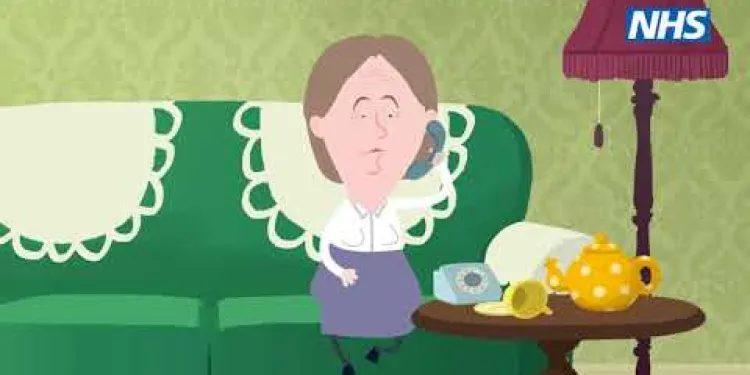
West Midlands LEHN Animated Video on Eye Health
Relevance: 26%
-

Can stress affect a pregnancy test result?
Relevance: 26%
-
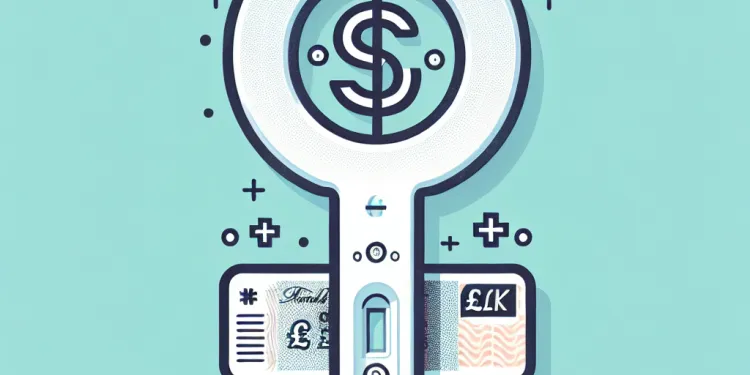
Can a pregnancy test expire?
Relevance: 25%
-
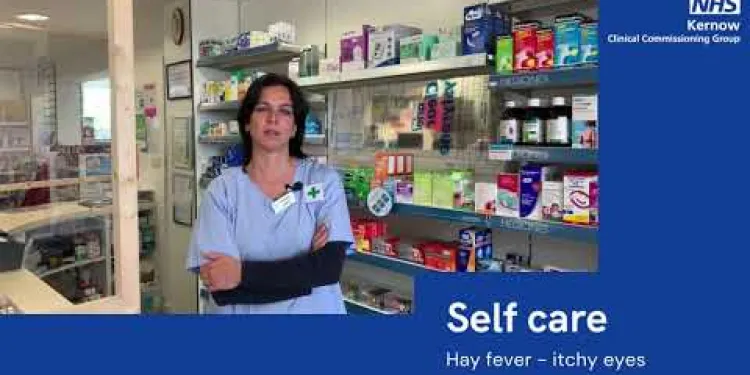
Self care - hay fever itchy eyes
Relevance: 25%
-

Do morning urine tests give more accurate results?
Relevance: 25%
-
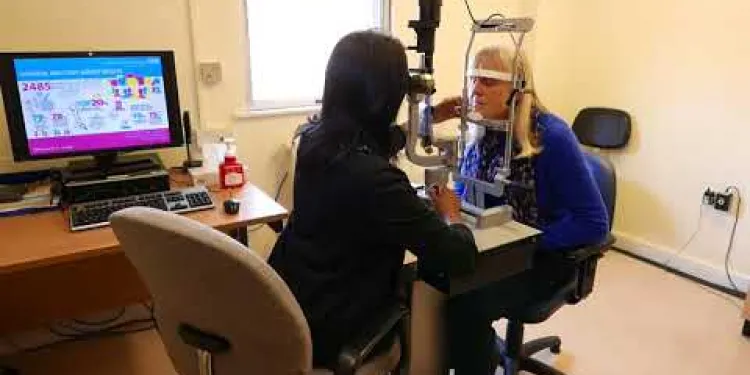
Derbyshire Diabetic Eye Screening - Assessment Clinic Appointment
Relevance: 25%
-
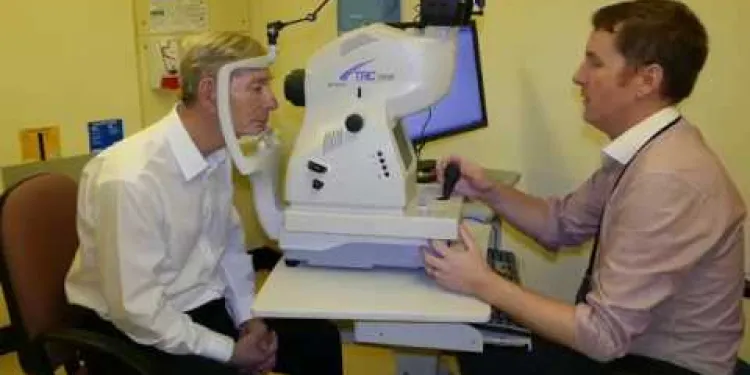
Derbyshire Diabetic Eye Screening - Your Screening Appointment
Relevance: 24%
-
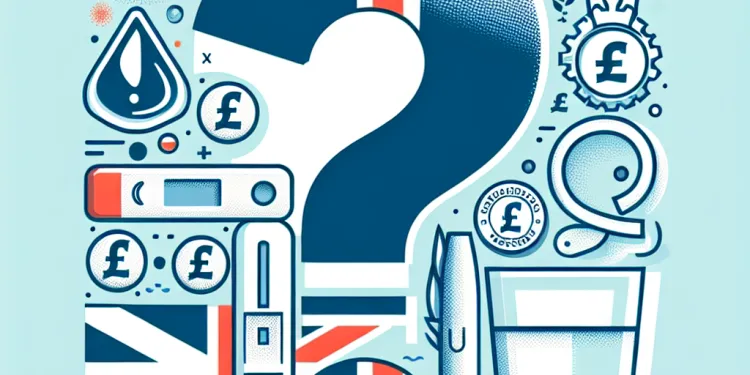
Can drinking a lot of water affect pregnancy test results?
Relevance: 24%
-
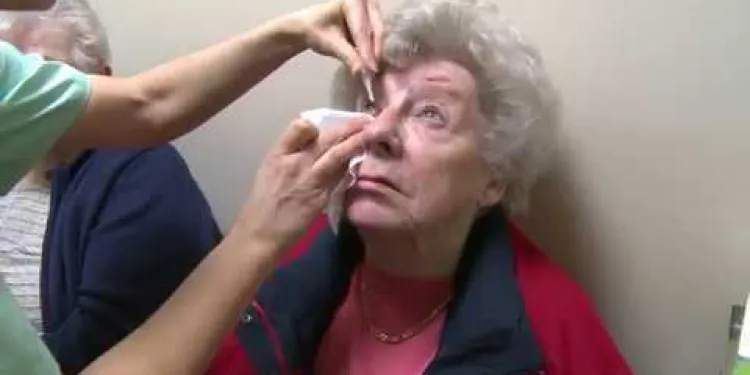
Eye Injections at Royal Bournemouth Hospital
Relevance: 24%
-
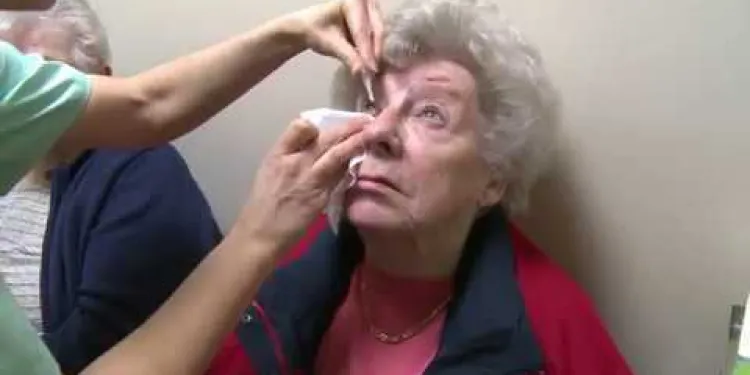
Eye Injections at Royal Bournemouth Hospital
Relevance: 24%
-

How does a pregnancy test work?
Relevance: 24%
-
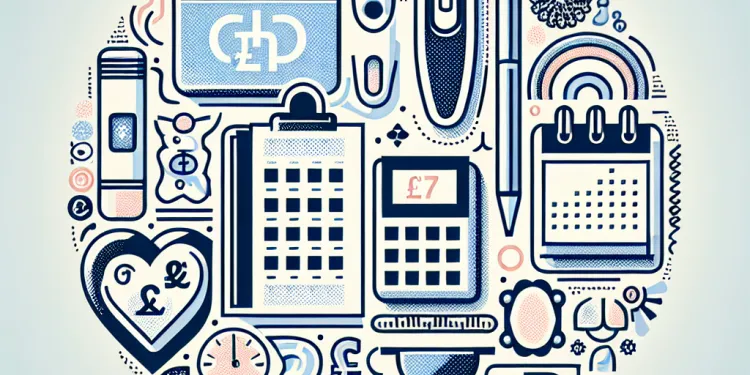
When should I take a pregnancy test?
Relevance: 24%
-
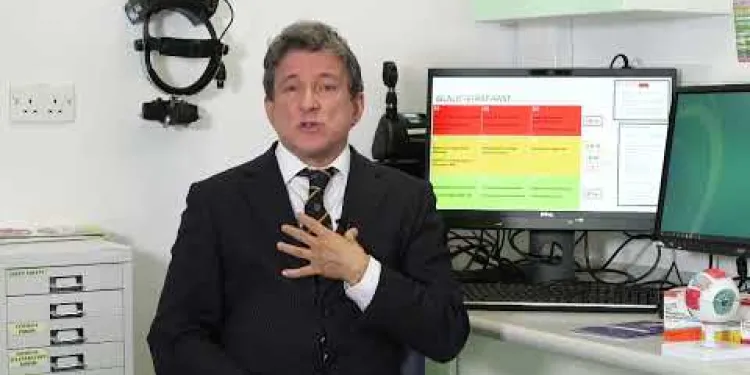
Glaucoma: general side effects of eye drops
Relevance: 23%
-
Do new variants affect COVID-19 testing?
Relevance: 23%
-
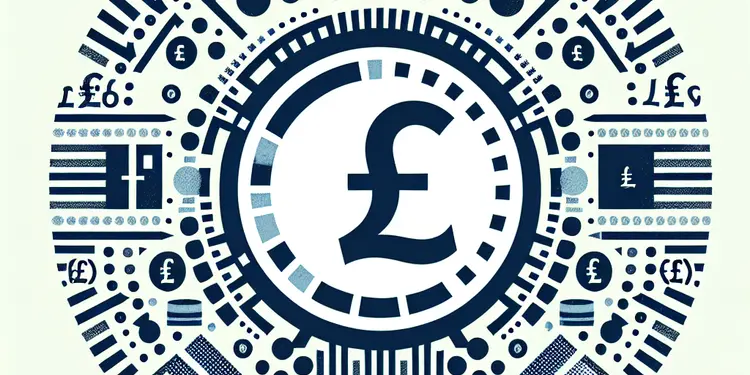
Can hypotony occur in both eyes?
Relevance: 23%
-
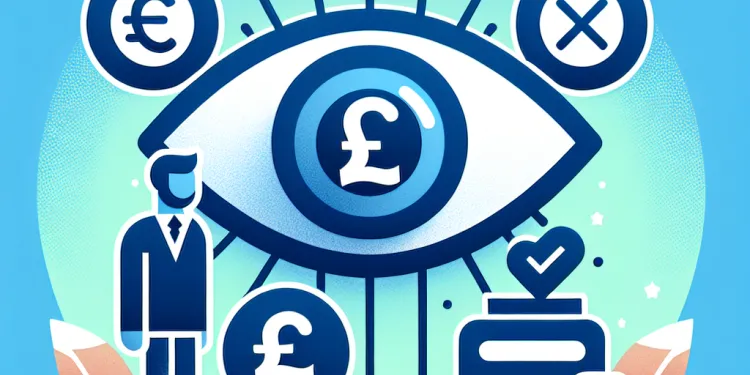
Where can I find reliable self-testing tools for my eyes?
Relevance: 23%
-
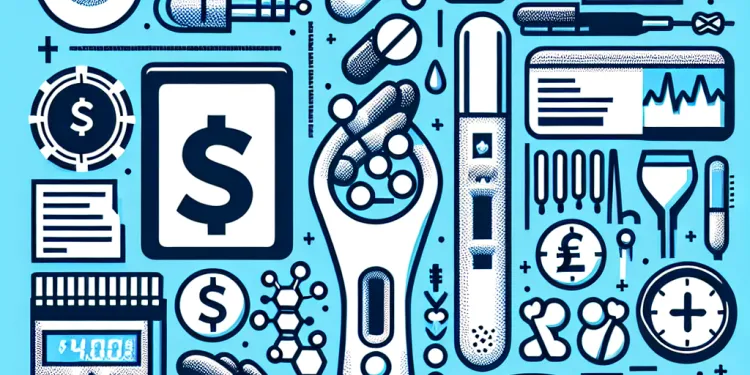
Can medications affect pregnancy test results?
Relevance: 23%
-
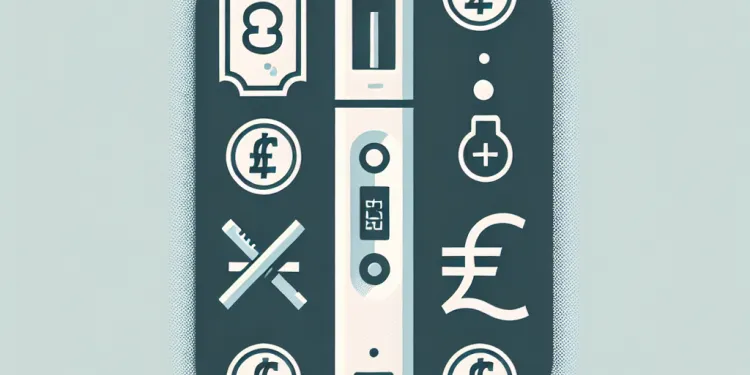
How long should I wait to read the results of a pregnancy test?
Relevance: 23%
-

Thyroid eye disease. Squint surgery - The operation
Relevance: 23%
-
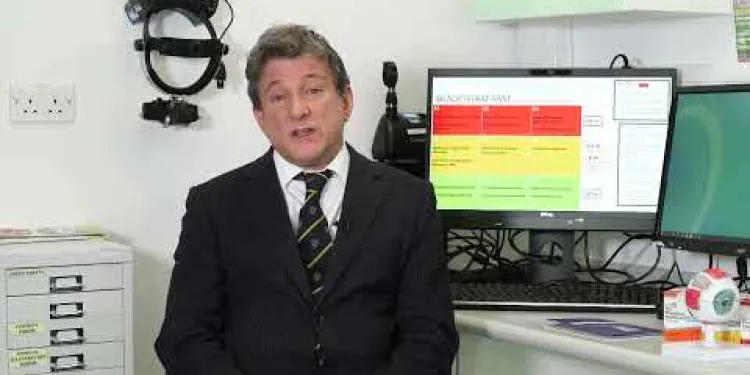
Glaucoma: how often should i take my eye drops?
Relevance: 23%
-

How effective are drink testing kits?
Relevance: 22%
Introduction
With the rise of digital health technologies, app-based eye tests have gained significant attention as a convenient alternative to traditional eye examinations. These applications promise to provide a measure of your eyesight right from the comfort of your home. However, the pressing question remains: how accurate are these app-based eye tests, particularly for a UK audience?
Functionality of App-Based Eye Tests
App-based eye tests typically involve a series of visual assessments using a smartphone or a tablet. These tests often include checking visual acuity, color vision, and even assessing for conditions like astigmatism. The primary advantage of these apps is the convenience they offer, as users can conduct tests at their own pace and in their own time without needing to visit an optician.
Factors Affecting Accuracy
Several factors influence the accuracy of app-based eye tests. Firstly, the quality and size of the digital display is crucial; a smartphone screen may not replicate the clarity and scale necessary for precise assessment compared to standard clinical equipment. Lighting conditions and the distance at which the test is performed can also impact results. Furthermore, the self-administered nature of these tests can lead to inconsistencies, as user error can affect outcomes.
Comparative Analysis
Studies comparing app-based tests with traditional eye exams indicate mixed results. While some apps show promise for basic vision screening, particularly for visual acuity, they are not yet considered replacements for comprehensive eye exams. The Royal College of Ophthalmologists and other professional bodies in the UK caution against relying solely on these technologies for eye health assessments, as they lack the comprehensive diagnostic ability of an in-person exam performed by a qualified optometrist.
Potential Benefits
Despite questions about accuracy, app-based eye tests have their benefits. They can serve as an initial screening tool, potentially highlighting issues that may warrant a professional examination. These tests can also increase accessibility to eye care services for individuals unable to travel or in remote locations. Additionally, they can raise awareness about eye health, encouraging users to seek professional advice when needed.
Conclusion
In conclusion, while app-based eye tests offer innovative and convenient solutions for preliminary eye assessments, they cannot yet replace the accuracy and comprehensiveness of traditional eye exams conducted by optometrists. For UK residents, these apps may be useful for on-the-spot evaluations, but it is advisable to follow up with a professional examination for a complete eye health assessment.
Frequently Asked Questions
What are app-based eye tests?
App-based eye tests are digital solutions that allow users to test their vision using a smartphone or tablet.
How accurate are app-based eye tests compared to traditional ones?
App-based eye tests can provide a basic assessment of vision but are generally not as accurate as those conducted by an eye care professional using specialized equipment.
Can app-based eye tests diagnose eye conditions?
App-based eye tests cannot diagnose eye conditions; they can only suggest that a professional exam might be necessary.
Are app-based eye tests reliable?
They can be reliable for simple vision checks, but their accuracy can vary depending on the app’s quality and design.
What factors affect the accuracy of app-based eye tests?
Factors include the app's algorithm, the device used, user input, ambient lighting, and the correct positioning.
Can an app-based eye test replace a professional eye exam?
No, app-based eye tests are not a substitute for comprehensive eye exams performed by eye care professionals.
Are app-based eye tests FDA approved?
Some app-based eye tests are FDA approved or CE marked, which can indicate a certain level of reliability.
Can I use an app-based eye test to update my prescription glasses?
Using app-based results to update your prescription is not recommended; a professional exam is needed for accurate prescriptions.
What do app-based eye tests measure?
They often measure aspects like visual acuity and focus but typically do not cover comprehensive aspects of eye health.
Is there scientific backing for the efficacy of app-based eye tests?
Some studies have tested these apps' efficacy, but results are mixed and often emphasize the need for professional validation.
Can app-based eye tests detect astigmatism or other specific eye issues?
They might indicate potential signs of basic issues but are not equipped to accurately diagnose astigmatism or complex conditions.
How should I interpret results from an app-based eye test?
Use them as a preliminary check: positive results might warrant further testing by a professional.
Do lighting conditions affect app-based eye test accuracy?
Yes, inappropriate lighting can affect the accuracy of these tests, leading to unreliable results.
What should I do if an app-based eye test suggests a problem?
Consult an eye care professional for a comprehensive examination to confirm any issues.
Are there age restrictions for app-based eye tests?
Check the app's guidelines; some tests may not be suitable for children or older adults due to varying accuracy.
Do I need special equipment for app-based eye tests?
Generally, no special equipment is needed besides a smartphone or tablet, but some apps may recommend specific tools for better accuracy.
Are app-based eye tests suitable for children?
They may not be suitable for children, as children require more comprehensive vision testing tailored to developmental needs.
Can app-based eye tests help monitor vision changes over time?
They can be used to monitor basic changes, but regular professional check-ups are essential for an accurate assessment over time.
Do all smartphones support app-based eye tests?
Most modern smartphones support these tests, but accuracy may vary depending on screen resolution and other factors.
Can app-based eye tests help with color blindness detection?
Some apps offer tests for color vision deficiency, but results should be validated with a professional test for accuracy.
Useful Links
This website offers general information and is not a substitute for professional advice.
Always seek guidance from qualified professionals.
If you have any medical concerns or need urgent help, contact a healthcare professional or emergency services immediately.
- Ergsy carfully checks the information in the videos we provide here.
- Videos shown by Youtube after a video has completed, have NOT been reviewed by ERGSY.
- To view, click the arrow in centre of video.
- Most of the videos you find here will have subtitles and/or closed captions available.
- You may need to turn these on, and choose your preferred language.
- Go to the video you'd like to watch.
- If closed captions (CC) are available, settings will be visible on the bottom right of the video player.
- To turn on Captions, click settings .
- To turn off Captions, click settings again.
More Items From Ergsy search
-

How accurate are app-based eye tests?
Relevance: 100%
-

How does self testing for eye patients work?
Relevance: 43%
-

What are the limitations of self-testing for eyes?
Relevance: 36%
-

What is self-testing for eye patients?
Relevance: 36%
-

Are there any self-tests for eye pressure?
Relevance: 35%
-

Can I use a smartphone for self-testing my eyes?
Relevance: 35%
-

Are self-tests a substitute for professional eye exams?
Relevance: 34%
-

Can self-testing detect all eye conditions?
Relevance: 31%
-

What is hypotony in the eye?
Relevance: 30%
-

Do I need any special equipment for eye self-testing?
Relevance: 30%
-

What types of self-tests are available for eye patients?
Relevance: 29%
-

Diabetes Eye Screening
Relevance: 29%
-

Are digital pregnancy tests more accurate than non-digital tests?
Relevance: 29%
-

Derbyshire Diabetic Eye Screening - Diabetic Eye Screening
Relevance: 29%
-

How often should I self-test my eyes?
Relevance: 28%
-

Should I share the results of my self-tests with my eye doctor?
Relevance: 27%
-

What is a pregnancy test?
Relevance: 27%
-

Why would someone need to self-test their eyes?
Relevance: 26%
-

What is the eye condition hypotony?
Relevance: 26%
-

West Midlands LEHN Animated Video on Eye Health
Relevance: 26%
-

Can stress affect a pregnancy test result?
Relevance: 26%
-

Can a pregnancy test expire?
Relevance: 25%
-

Self care - hay fever itchy eyes
Relevance: 25%
-

Do morning urine tests give more accurate results?
Relevance: 25%
-

Derbyshire Diabetic Eye Screening - Assessment Clinic Appointment
Relevance: 25%
-

Derbyshire Diabetic Eye Screening - Your Screening Appointment
Relevance: 24%
-

Can drinking a lot of water affect pregnancy test results?
Relevance: 24%
-

Eye Injections at Royal Bournemouth Hospital
Relevance: 24%
-

Eye Injections at Royal Bournemouth Hospital
Relevance: 24%
-

How does a pregnancy test work?
Relevance: 24%
-

When should I take a pregnancy test?
Relevance: 24%
-

Glaucoma: general side effects of eye drops
Relevance: 23%
-
Do new variants affect COVID-19 testing?
Relevance: 23%
-

Can hypotony occur in both eyes?
Relevance: 23%
-

Where can I find reliable self-testing tools for my eyes?
Relevance: 23%
-

Can medications affect pregnancy test results?
Relevance: 23%
-

How long should I wait to read the results of a pregnancy test?
Relevance: 23%
-

Thyroid eye disease. Squint surgery - The operation
Relevance: 23%
-

Glaucoma: how often should i take my eye drops?
Relevance: 23%
-

How effective are drink testing kits?
Relevance: 22%


